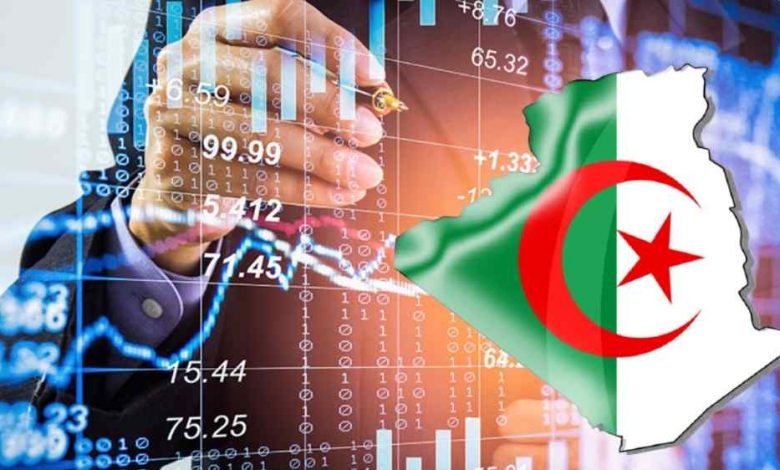
Algeria’s economy is showing signs of resilience, according to the latest reports from the World Bank and the International Monetary Fund (IMF), but structural weaknesses continue to limit its long-term growth prospects.
The World Bank, in its regional economic outlook for the Middle East and North Africa (MENAAP), raised its growth forecast for Algeria in 2025 to 3.8%, 0.6 percentage points higher than its April projections.
The IMF similarly described the country’s recovery as “solid,” attributing it to rising hydrocarbon prices and an expansionary fiscal policy.
Despite these positive indicators, both institutions warn that Algeria remains heavily dependent on oil and gas revenues.
Nearly 90% of the country’s exports still come from hydrocarbons, while non-energy industrial activity contributes only marginally to growth.
“Diversification has yet to translate into tangible results,” the World Bank notes, highlighting that growth is still supported largely by public spending, growing domestic debt, and an informal economy that largely escapes taxation.
The IMF report acknowledges progress in structural reforms, including the establishment of a framework for digital banks and enhanced financial regulation.
However, both reports stress that 13 major reforms remain unimplemented, underscoring the embryonic nature of Algeria’s economic transformation.
Inflation is expected to fall to 2.8% in 2025, largely due to administered prices and subsidized basic goods. Yet, the IMF warns that this artificial stability cannot compensate for the lack of productive diversification.
Public debt, predominantly domestic, continues to rise, while foreign exchange reserves are under pressure from growing imports.
The IMF projects debt stabilization by 2028, provided fiscal consolidation is maintained, but cautions that this assumption may be challenged by social spending pressures and political fragility.
President Abdelmadjid Tebboune, re-elected in 2024, has taken credit for the recovery, announcing numerous public investment projects. Critics argue, however, that diversification remains state-driven, with limited engagement of private investment and no significant institutional modernization. Administrative hurdles, a weak private sector, and continued reliance on hydrocarbon revenues continue to hinder Algeria’s path toward sustainable, structural economic transformation.
Both the World Bank and IMF stress that, while Algeria’s short-term performance is encouraging, meaningful diversification and reform are crucial to secure long-term stability and economic resilience.



